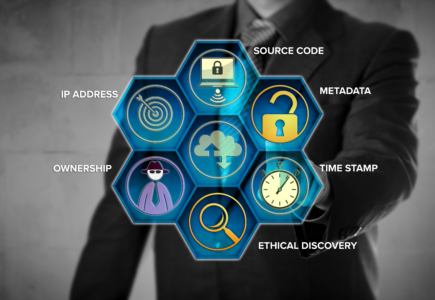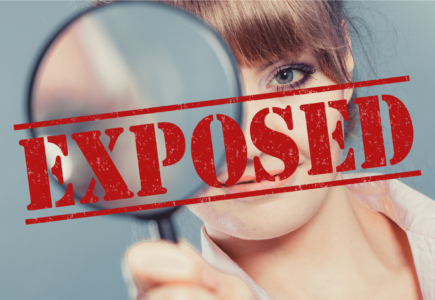Social media platforms offer a wealth of information for legal discovery. When done ethically, social media collection is a legitimate and powerful tool. However, one misstep—especially when it comes to interacting with represented parties—can lead to serious consequences. The 2019 Robertelli Majority case is a clear warning: the rules around ethical social media discovery are no longer optional reading for legal professionals.
The Robertelli Case: A Cautionary Tale
The Robertelli case highlights the legal and ethical risks involved in improper social media collection. Here’s what happened:
Hernandez, represented by counsel, filed a claim for permanent disability after being struck by a police car. He alleged that his injuries caused him to lose athletic and academic scholarships. The law firm representing the Borough and the police department assigned paralegal Valentina Cordoba to monitor Hernandez’s public Facebook posts, which appeared inconsistent with his disability claim. At the time, Hernandez’s profile was fully public, making this review acceptable.
However, when Hernandez later made his account private, Cordoba suggested “friending” him to regain access. She ultimately sent him a request without identifying herself as a legal professional—claiming he looked like her favorite hockey player. Hernandez accepted, and she continued monitoring his posts, even discovering a video of him wrestling his brother.
Though this may seem like clever investigative work, it crossed a major ethical line.
Understanding the Rules
Two key American Bar Association (ABA) Model Rules are central to this issue:
-
Model Rule 4.2: Prohibits attorneys (and their agents) from contacting a represented party to access private social media content.
-
Model Rule 8.4(c): Forbids attorneys from using deception or misrepresentation to gather evidence.
Cordoba’s friend request violated both. She bypassed Hernandez’s legal representation and used false pretenses to gain access. The disciplinary outcomes in the Robertelli case varied, with most panel members voting for admonition—but some argued for censure. Regardless, the case set a firm expectation: any future deceptive access to private content may clearly violate RPC 4.2 and 8.4(c).
Common Pitfalls of In-House Social Media Discovery
In-house legal teams often attempt to conduct social media discovery themselves. But this approach carries risks:
-
Misidentification: Common names and outdated profiles make it easy to collect incorrect information.
-
False confidence: Even seemingly public data can change quickly, leading to ethical missteps.
-
Lack of expertise: Without trained analysts, it’s difficult to assess data defensibility and rule compliance.
Failing to follow protocol can lead to case dismissals, malpractice claims, or ethics investigations.
Why Ethical Social Media Discovery Matters
Using trained professionals for open-source and social media discovery ensures that:
-
Only publicly available data is collected ethically and lawfully
-
Interactions with represented parties are strictly avoided
-
Evidence stands up to scrutiny in court
-
Risk of reputational and legal harm is minimized
Social media evidence holds power—when you collect it the right way.
Let SMI Aware handle your online discovery ethically and defensibly. Our U.S.-based analysts follow strict compliance protocols using proprietary software to deliver actionable insights—without crossing ethical lines. Contact us to learn how we can support your team.




